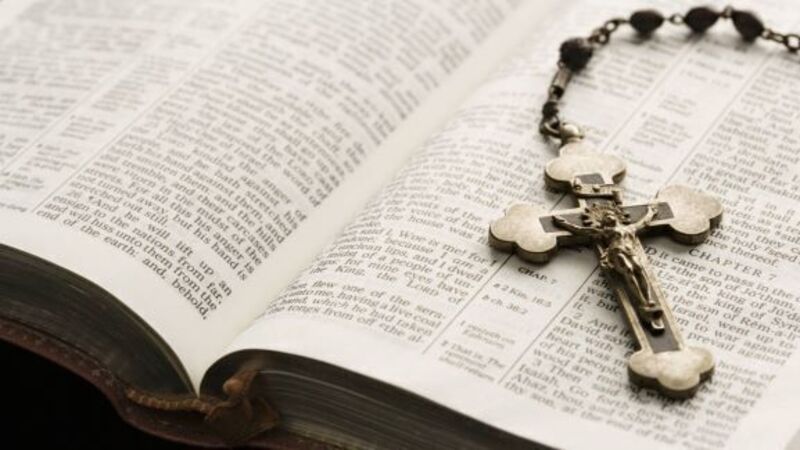Catholic philosophers built on the knowledge of non-believing predecessors

Gordon repeats that old seasonal favourite that Christmas was a pagan festival hijacked by nasty Christians. But most Christians aren’t worried about Jesus’s birth date; that’s an adolescent fetish of our non-believing friends.
However, Gordon does have a point about paganism and Christianity. Many of the great Catholic philosophers/scientists mentioned their debt to pagan philosophers from the Greco-Roman world. Aquinas acknowledged his debt to Plato and Aristotle. The modern Catholic philosopher, Prof Edward Fesser, in his work, Atheism: The Last Superstition, also does so. However, the Catholic philosophers/scientists also recognised the limitations of their predecessors. Led by belief in reason, the sciences and universities thrived in Catholic Europe. The advance continued apace, such that the great 20th-century scientist/mathematician Alfred North Whitehead (a non-Catholic) described the 17th century as one of genius. Building on the wisdom of the past is a sign of maturity.














